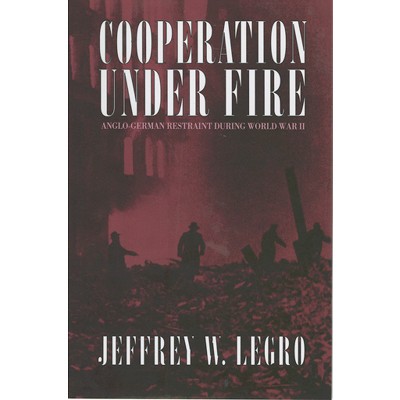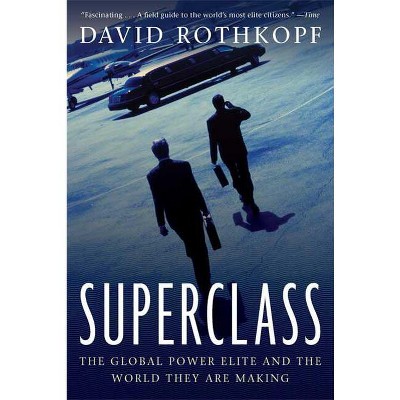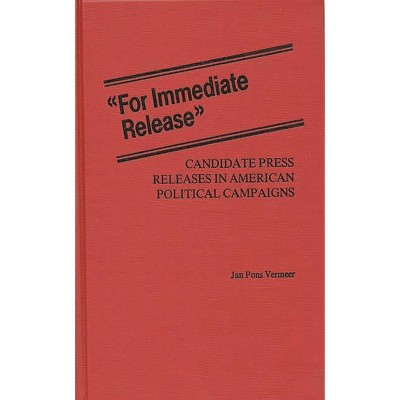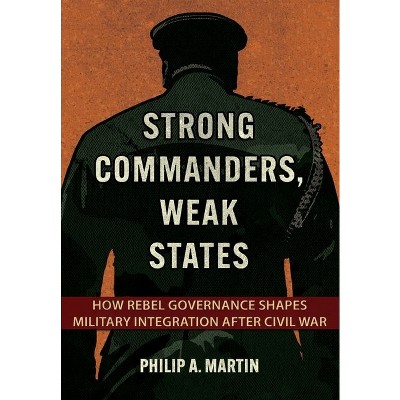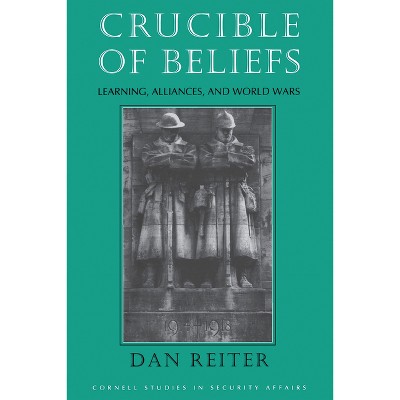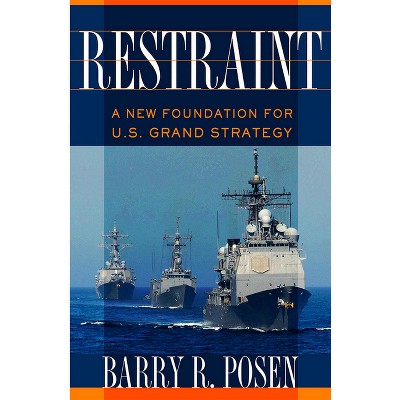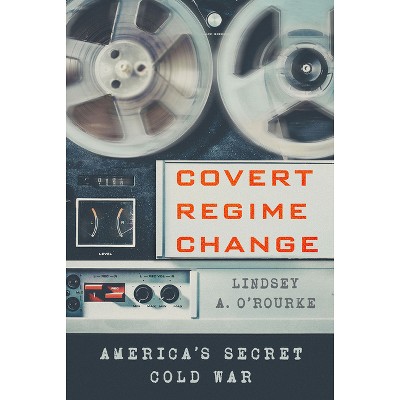Sponsored

Corporate Warriors - (Cornell Studies in Security Affairs) 2nd Edition by P W Singer (Paperback)
In Stock
Sponsored
About this item
Highlights
- Some have claimed that "War is too important to be left to the generals," but P. W. Singer asks "What about the business executives?
- About the Author: P. W. Singeris National Security Fellow in the Foreign Policy Studies Program at the Brookings Institution and Director of the Brookings Project on U.S. Policy towards the Islamic World.
- 360 Pages
- Political Science, Security (National & International)
- Series Name: Cornell Studies in Security Affairs
Description
About the Book
Some have claimed that "War is too important to be left to the generals," but P. W. Singer asks "What about the business executives?" Breaking out of the guns-for-hire mold of traditional mercenaries, corporations now sell skills and services that...
Book Synopsis
Some have claimed that "War is too important to be left to the generals," but P. W. Singer asks "What about the business executives?" Breaking out of the guns-for-hire mold of traditional mercenaries, corporations now sell skills and services that until recently only state militaries possessed. Their products range from trained commando teams to strategic advice from generals. This new "Privatized Military Industry" encompasses hundreds of companies, thousands of employees, and billions of dollars in revenue. Whether as proxies or suppliers, such firms have participated in wars in Africa, Asia, the Balkans, and Latin America. More recently, they have become a key element in U.S. military operations. Private corporations working for profit now sway the course of national and international conflict, but the consequences have been little explored.
In this book, Singer provides the first account of the military services industry and its broader implications. Corporate Warriors includes a description of how the business works, as well as portraits of each of the basic types of companies: military providers that offer troops for tactical operations; military consultants that supply expert advice and training; and military support companies that sell logistics, intelligence, and engineering.
In an updated edition of P. W. Singer's classic account of the military services industry and its broader implications, the author describes the continuing importance of that industry in the Iraq War. This conflict has amply borne out Singer's argument that the privatization of warfare allows startling new capabilities and efficiencies in the ways that war is carried out. At the same time, however, Singer finds that the introduction of the profit motive onto the battlefield raises troubling questions--for democracy, for ethics, for management, for human rights, and for national security.
Review Quotes
Large-scale wars may still be the sole provenance of sovereign governments, but many countries are now quietly outsourcing smaller-scale functions to privatized military firms (PMFs), which do not carry the same political weight as national troops. These firms might build camps, provide supplies, or furnish combat troops, technical assistance, or expert consultants for training programs. This is a new area for policymakers to debate and scholars to explore.... This portrait of the military services industry is well documented with many footnotes and a lengthy bibliography.
-- "Library Journal"Provides a sweeping survey of the work of MPRI, Airscan, Dyncorp, Brown and Root, and scores of other firms that can variously put troops in the field, build and run military bases, train guerrilla forces, conduct air surveillance, mount coups, stave off coups, and put back together the countries that wars have just destroyed.
-- "The Atlantic Monthly"Provides a thoughtful, engaging critique of the U.S. government's growing dependence on private companies to wage war. Mercenaries in the employ of the Pentagon have made news with every new controversy in Iraq, from the ambush that sparked the siege of Fallujah to the prisoner abuses in Abu Ghraib prison and the raid on Ahmed Chalabi's offices. The involvement of those for-profit fighters has inspired plenty of political vitriol, much of it directed at Halliburton, Vice-President Dick Cheney's former employer. But there are some less-well-known players here, too: DynCorp, MPRI, and ICI Oregon, which do everything from database work to intelligence-gathering.
-- "Business Week"The creeping military-industrial complex about which President Dwight Eisenhower warned us five decades ago has reached critical mass. In fact, P. W. Singer, a security analyst at the Brookings Institution, suggests that Ike would be flabbergasted by the recent proliferation of privatized military firms and their influence on public policy both here and abroad. Calling them the corporate evolution of old-fashioned mercenaries, Singer's illuminating new book, says they provide the service side of war rather than weapons.
-- "Christian Science Monitor"The first notable book on the subject.
-- "The Financial Times"About the Author
P. W. Singeris National Security Fellow in the Foreign Policy Studies Program at the Brookings Institution and Director of the Brookings Project on U.S. Policy towards the Islamic World. He has served in the Office of the Secretary of Defense and the International Peace Academy. Singer has been featured in the Atlantic Monthly, the Boston Globe, the Financial Times, the Los Angeles Times, and the New York Times. He has also appeared as an expert commentator on ABC, BBC, CBS, CNN, the Discovery Channel, FOX, NBC, and NPR (including a feature interview on Fresh Air).
